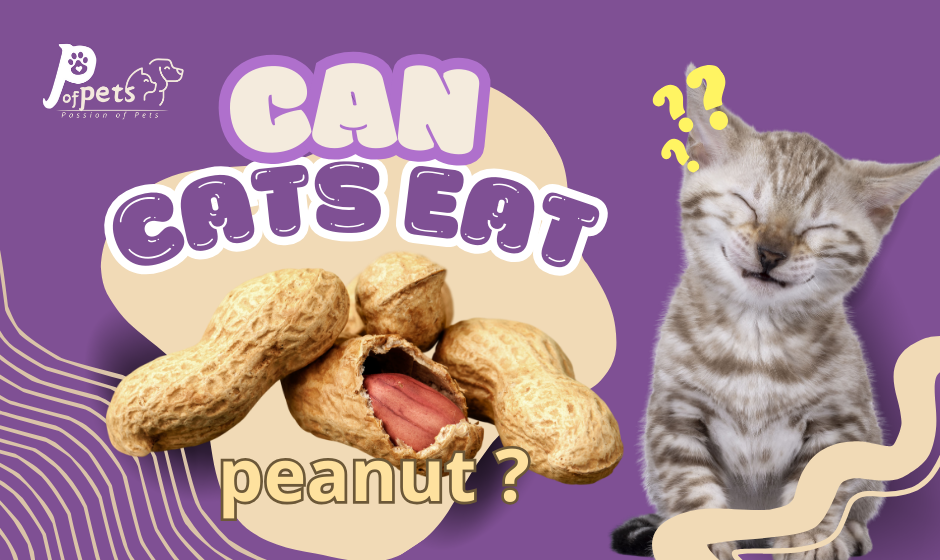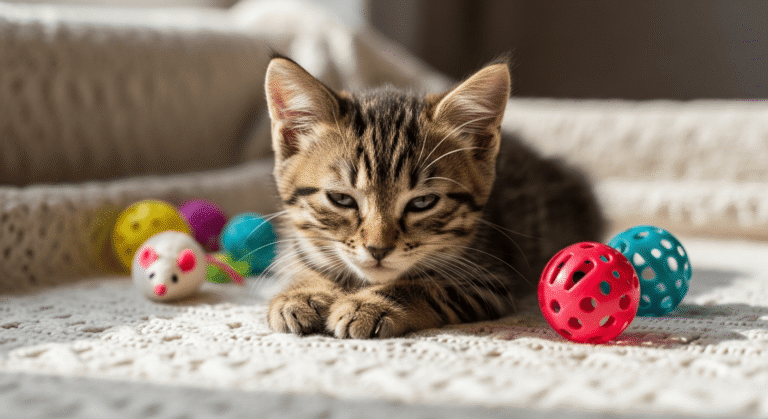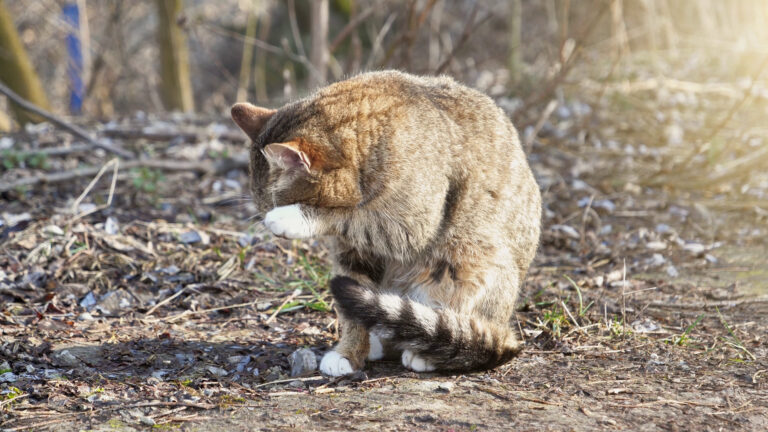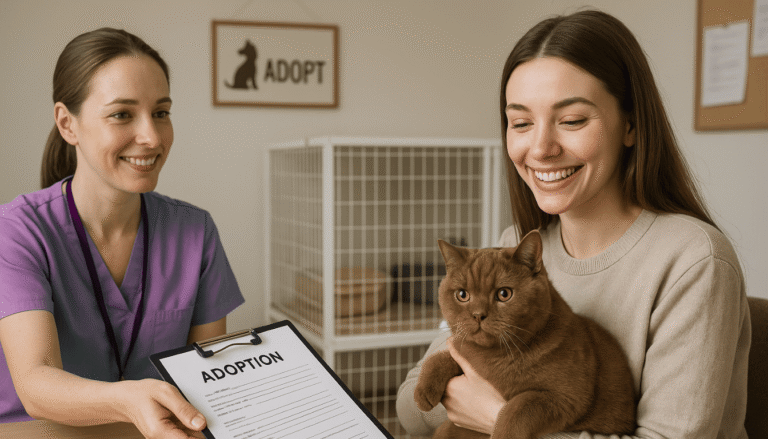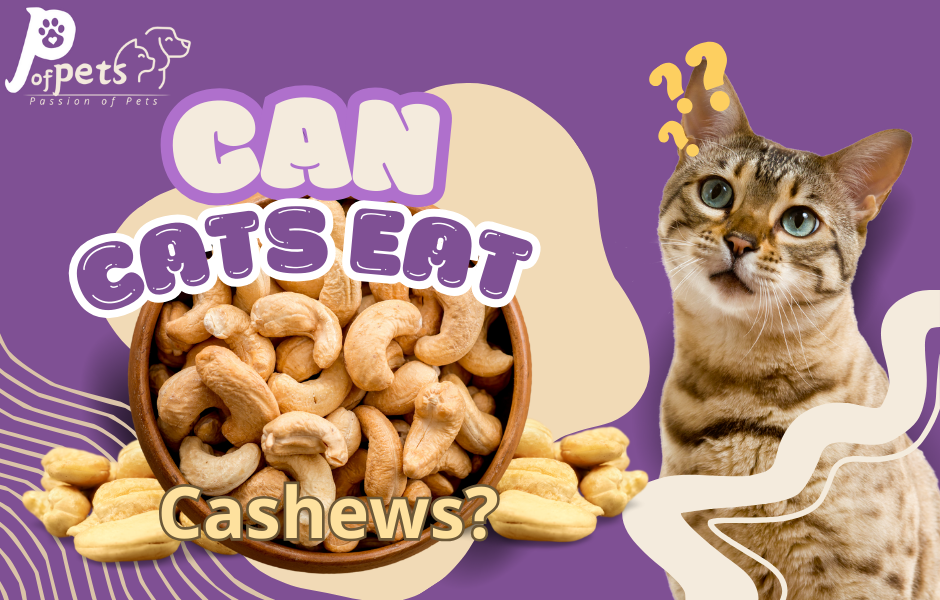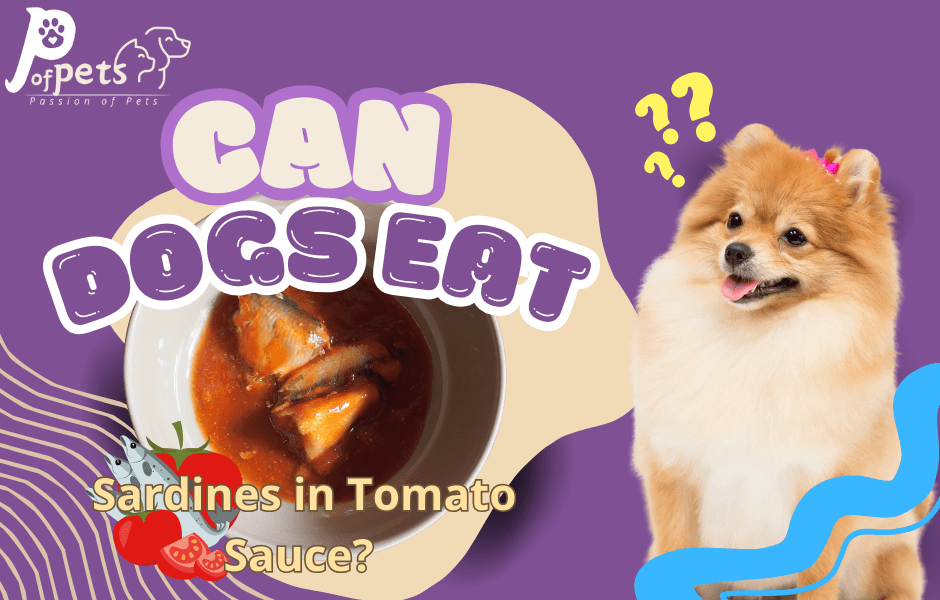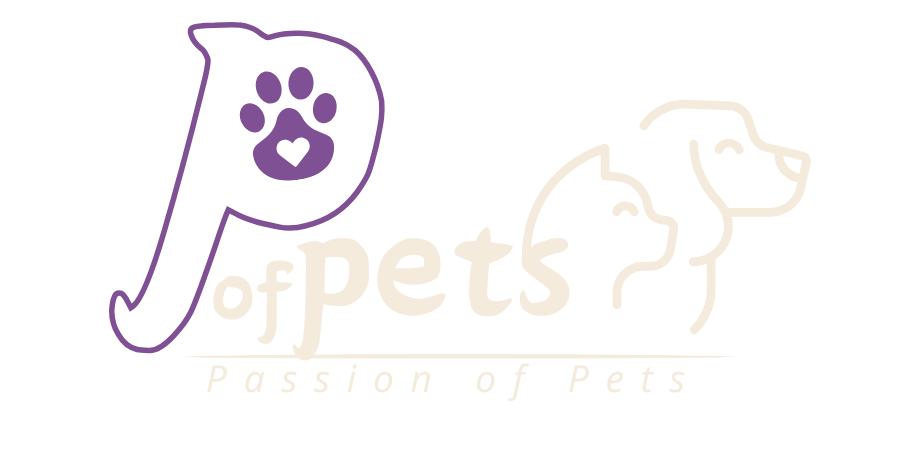Are Peanuts Ok for Cats to Eat? A Guide for Cat Owners
Cats are inquisitive animals, and in their nature of curiosity, many times they venture into foods they should not consume. As a cat owner, perhaps you have those moments when you question if your favorite snack that you can share with your kitty is harmless to share with them. Very often, snacks such as peanuts make owners wonder,
Can cats eat peanuts? Are they safe, or can they pose any kind of danger to your cat’s health? This blog goes deep into the feline world with peanuts as its focus, covering topics of nutrition, potential risks, and creative ways of incorporation-or avoidance, if that’s your preference.
The Short Answer: Can Cats Eat Peanuts ?
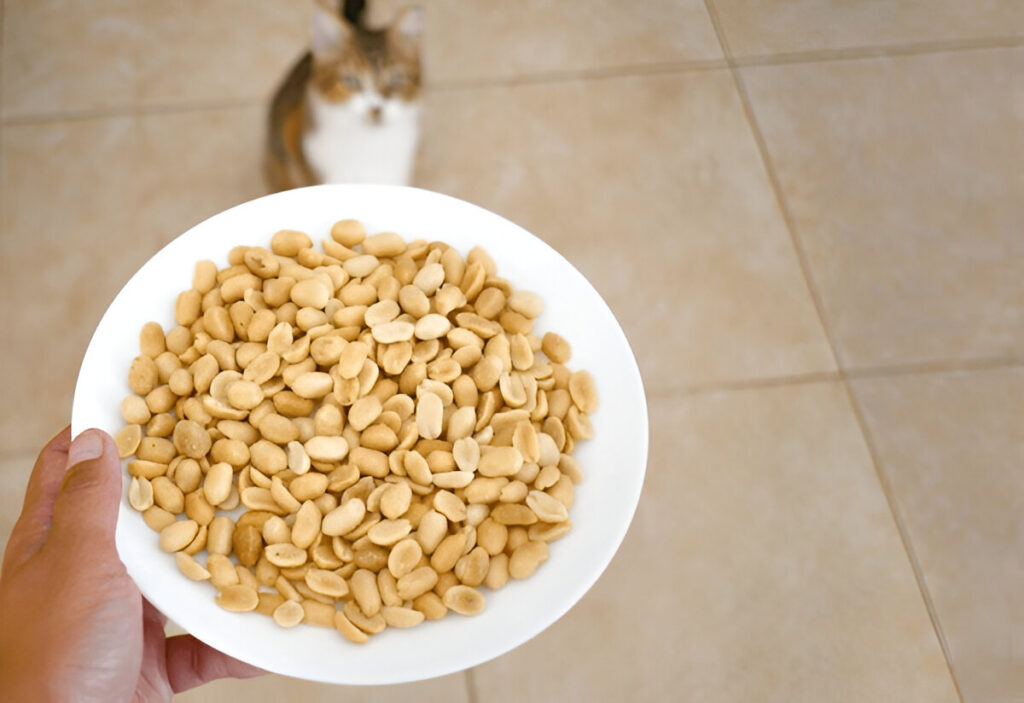
Yes, cats can eat peanuts, but with some important caveats. Peanuts are not toxic to cats, and in small amounts, they are unlikely to cause harm. However, peanuts are not a natural part of a cat’s diet, and they don’t provide any significant nutritional benefits for felines. While an occasional peanut as a treat might be fine, there are several factors to consider before offering peanuts to your cat.
Knowing the Diet of a Cat
Caring for a cat requires knowledge of its specific dietary needs. Cats are obligate carnivores, meaning their bodies are designed to operate best on a diet that is mainly comprised of animal-based proteins. This is due to their evolution as predators that hunt for their nutritional requirements.
Nutritional Requirements for Cats
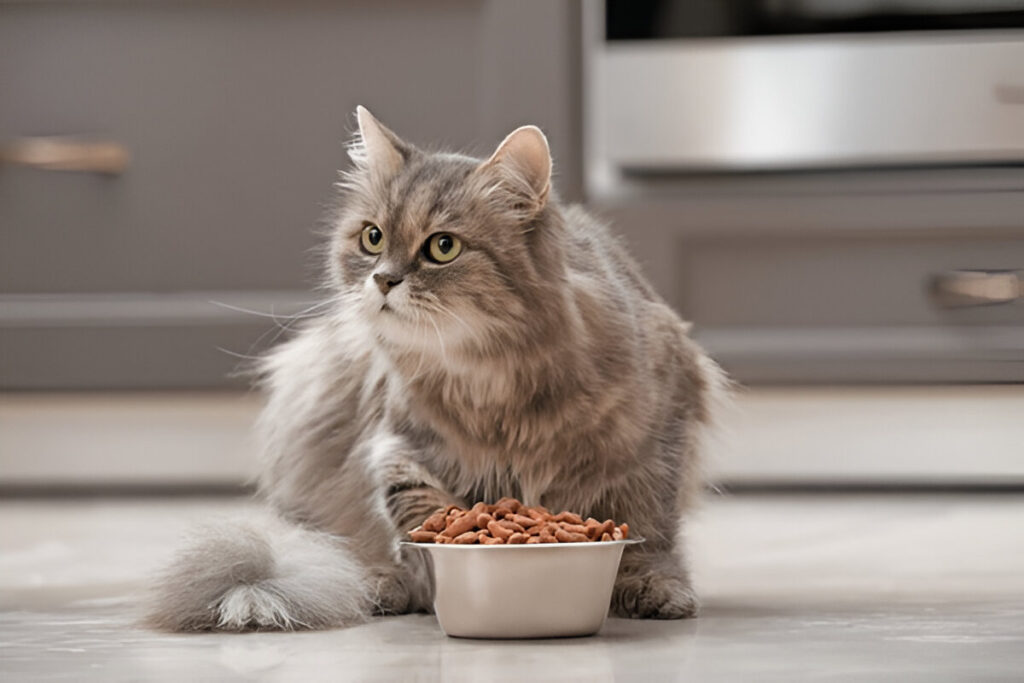
- High-Quality Protein:
Protein is the cornerstone of a cat’s diet, supplying essential amino acids that their bodies cannot synthesize. Unlike omnivores, cats require much more protein because their liver enzymes continually break down proteins at a higher rate, regardless of dietary intake. High-quality sources include chicken, beef, turkey, and fish.
- Fats:
Fats are a major energy source in cats, apart from providing necessary amounts of fatty acids like omega-3 and omega-6, important in maintaining skin, giving shine to fur, and conducting proper cellular activity.
- Taurine:
Taurine is an amino acid that cats require in their diet. It is important for heart function, the health of the retina, and general body functions. In its deficiency, it may cause serious health disorders such as heart disease and eye problems.
- Vitamins and Minerals:
They require certain vitamins such as vitamin A, which cannot be synthesized from beta-carotene in plants by the feline species, unlike many other animals. They need sufficient calcium and phosphorus and other trace minerals for the reasons of good bone health, cellular functions, and metabolism.
- Water:
Cats have a poor thirst drive and easily become dehydrated. Feeding wet food or a mix of wet and dry can contribute to water intake.
Why Cats Shouldn’t Depend on Plant-Based Foods
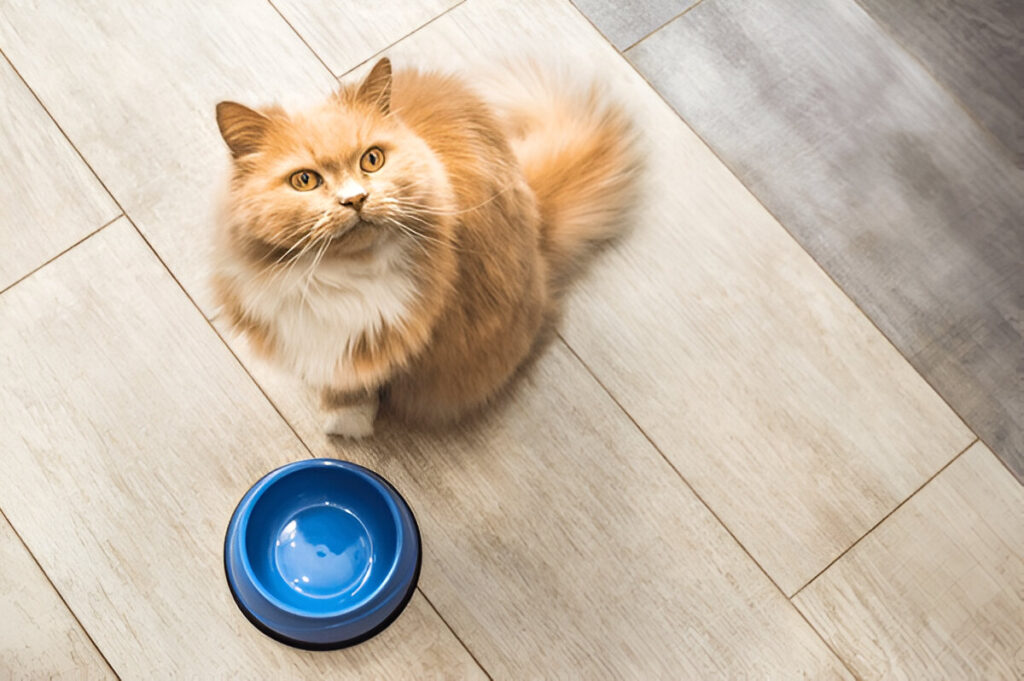
Unlike humans or dogs, cats lack the enzymes and structures in the digestive system that are responsible for the digestion of foods derived from plants. Their guts are adapted to obtain nutrition from animal tissues and are not suited to digest food items like cereals, vegetables, and nuts.
Peanuts and Cats
Peanuts themselves are not toxic to cats, but they do not provide suitable nutrition for them either. Here’s why:
- Limited Nutritional Value:
- Peanuts are rich in plant-based proteins and fats, but these are not the kinds of proteins and fats cats need. Animal-based nutrients are needed to satisfy the requirements for amino and fatty acids.
- Peanuts also lack taurine and other vital elements required by a cat to maintain good health.
- Digestive Problems:
- Peanuts have a high fat content, which is hard for cats to digest. If taken in excess, it can cause gastrointestinal upset, including vomiting or diarrhea.
- Choking Hazard:
- Whole peanuts or fragments of peanuts can cause choking, especially in smaller cats.
- Allergies and Sensitivities:
- Some cats could be allergic to peanuts, which might cause reactions like itching, swelling, or gastrointestinal distress.
Risks of Feeding Non-Meat Foods to Cats
Feeding too many non-meat foods, like peanuts or any other human snacks, to your cat can be associated with a number of issues, such as:
- Nutritional Imbalances:
- Long-term use of excessive non-meat food can result in deficiencies of important nutrients, such as taurine, vitamin A, or arachidonic acid.
- Obesity:
- Peanuts are highly caloric and can lead to obesity when given in large amounts. Obesity is one of the most common problems among domestic cats and may be linked to diabetes, joint problems, and other conditions.
- Long-Term Health Issues:
A poor diet may encourage the development of chronic diseases such as kidney disease, liver dysfunction, and heart problems.
Nutritional Profile of Peanuts
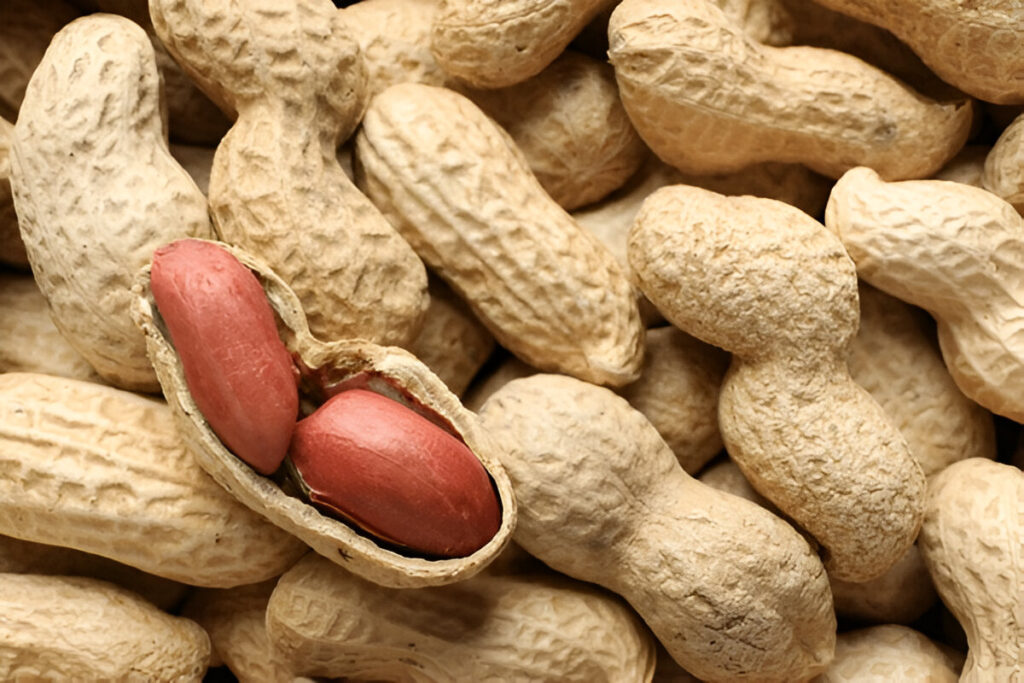
So let’s look a bit closer at what peanuts contain, nutritionally speaking, that make them not such a great choice for your cat to begin with:
- Protein: Peanuts contain roughly 25% protein, which for a plant-based food, is pretty high. However, the protein found in peanuts is neither as bioavailable nor complete as that coming from meats.
- Fats: Peanuts are extraordinarily rich in fat, with around 50% of their calorie composition derived from the nutrient. Even though cats have requirements for fats in their food, the type found in peanuts-basically unsaturated fat-is less useful than those derived directly from animals.
- Carbohydrates: Peanuts contain carbohydrates in some amount too, which cats have limited abilities to digest. Large quantities of such carbohydrates can lead to conditions of weight increase and other metabolic disorders in them.
- Vitamins and Minerals: The peanut contains minimal amounts of vitamins and minerals, including vitamin E, magnesium, and phosphorus. However, these nutrients are not in the forms or quantities that cats require.
- Fiber: Peanuts contain a fair amount of fiber, which is difficult for cats to digest and may cause gastrointestinal upset.
Potential Risks of Feeding Peanuts to Cats
While peanuts are not toxic to cats by nature, there are a number of risks involved in feeding them to your feline friend:
1. Choking Hazard
Peanuts can be a choking hazard, especially whole peanuts. Cats have small throats and may not chew their food properly, increasing the risk of choking.
2. Digestive Issues
They are not designed to digest plant-based foods, such as peanuts. Feeding your cat peanuts may result in a stomach upset, vomiting, diarrhea, or constipation.
3. High Fat Content
The high content of fat contained in peanuts may pose a problem to the health of cats, especially if taken in huge amounts. A great amount of intake of fat could lead to obesity, pancreatitis, among other problems.
4. Salt and Seasonings
Most peanuts that are ready for human consumption are salted, flavored, or coated with seasoning compounds which are toxic to cats. In particular, excessive salt can lead to sodium ion poisoning, symptoms of which include vomiting, diarrhea, tremors, and even seizures.
5. Allergic Reactions
While rare, some cats are allergic to peanuts. An allergic reaction involves symptoms like itching, swelling, difficulty breathing, and gastrointestinal distress. If your cat experiences any of these symptoms after having peanuts, seek immediate help from your veterinarian.
6. Aflatoxin Contamination
Peanuts at times contain aflatoxins, which are toxic products produced by molds. Aflatoxins may cause liver damage among other serious health issues in cats.
Ways to Feed Peanuts Safely

If you are bent on sharing peanuts with your cat, here are a few ways to do so safely. Remember, peanuts are to be a very rare treat and only in small amounts.
1. Plain, Unsalted Peanuts
If you give your cat peanuts, ensure they are plain and unsalted. Avoid flavored, seasoned, or coated peanuts.
2. Crushed or Ground Peanuts
Crush or grind the peanuts into a fine powder to minimize the choking hazard. You can sprinkle a small amount on your cat’s regular food for a special treat.
3. Peanut Butter (in Moderation)
Some cat owners wonder if peanut butter is safer for their cats than whole peanuts. While peanut butter is more easily digested by cats, one must choose a brand that contains no added sugar, salt, or xylitol-a sugar substitute that is toxic to cats. Even then, peanut butter should only be given in very small amounts as an occasional treat.
4. Homemade Cat Treats
If you like to bake, you can add a few spoons of peanut powder to homemade treats for your cat. Mix this with other cat-friendly ingredients such as canned tuna, chicken broth, or catnip to make a treat your cat will love.
Alternatives to Peanuts for Cats
If you are looking for healthy and nontoxic treats that you can give your cat, then here are numerous alternatives to peanuts that are much more fitting for its dietary needs:
- Cooked Meat: Small pieces of cooked chicken, turkey, or beef make for great protein-based treats in cats.
- Fish: Cooked salmon or tuna (in moderation) is a palatable nutritional treat for your cat.
- Catnip: Many cats enjoy catnip, which can be given as a treat or used to fill a toy.
Commercial Cat Treats: There are a lot of cat treats on the market formulated to provide your cat with its nutritional needs.
When to Consult Your Veterinarian
If you’re unsure whether peanuts or any other human food is safe for your cat, it’s always best to consult your veterinarian. They can provide personalized advice based on your cat’s age, weight, health status, and dietary needs. Additionally, if your cat accidentally consumes a large amount of peanuts or shows any signs of distress after eating peanuts, seek veterinary care immediately.
Conclusion:
Feeding Peanuts to Your Cat
While peanuts are not toxic to cats, they are also not something a cat needs in their diet. The risks for choking, digestive issues, and even possible allergic reactions associated with giving peanuts to cats outweigh any benefit. If you want to give treats to your cat, go for safer, more nutritious alternatives that fit his or her carnivorous nature.
Keep in mind that the health and well-being of your cat always come first. By understanding their dietary needs and making appropriate choices, you can ensure your feline friend will be happy, healthy, and well-fed.
Have any experiences with feeding your cat peanuts or other human foods? Share your stories and questions in the comments below! And if you found this blog helpful, don’t forget to share it with fellow cat lovers.
Yuns Legdm is a passionate advocate for pet care and the founder of this website, dedicated to providing valuable information for fellow pet lovers and veterinary professionals worldwide. With a deep love for animals, Yuns created this platform to connect passionate pet owners with expert insights from veterinarians around the globe.
This website grows with you—the passionate pet owners and veterinary experts—creating a trusted space where knowledge, experience, and love for animals come together. Whether you’re seeking advice on pet health, nutrition, or general well-being, this platform is here to support you on your journey of responsible and loving pet care.

